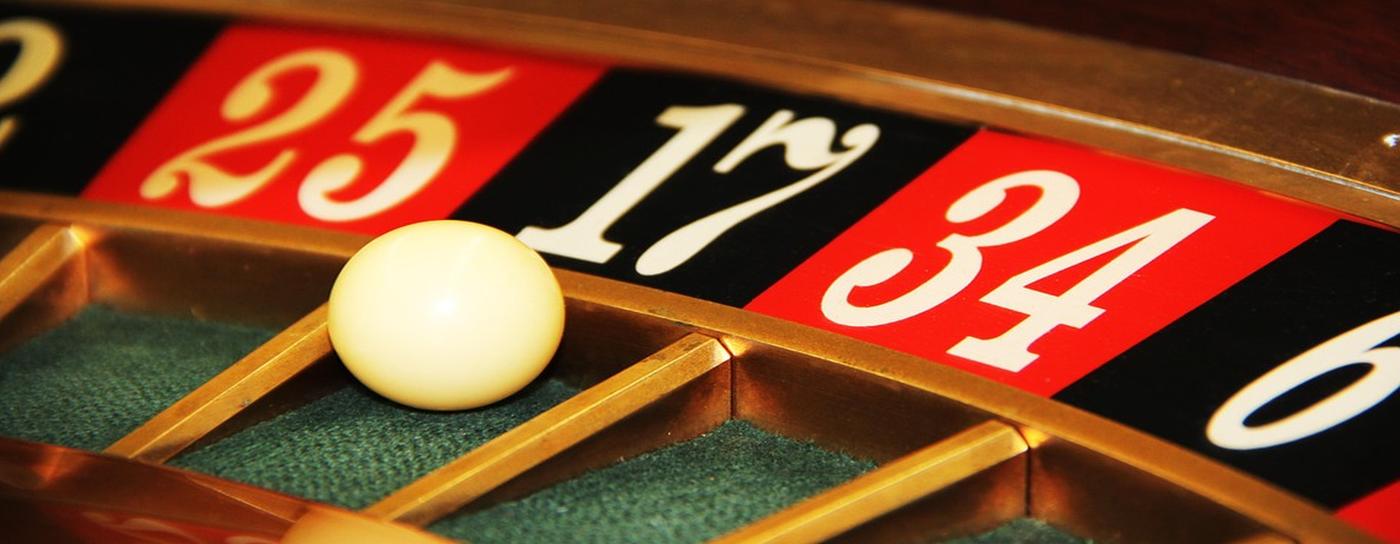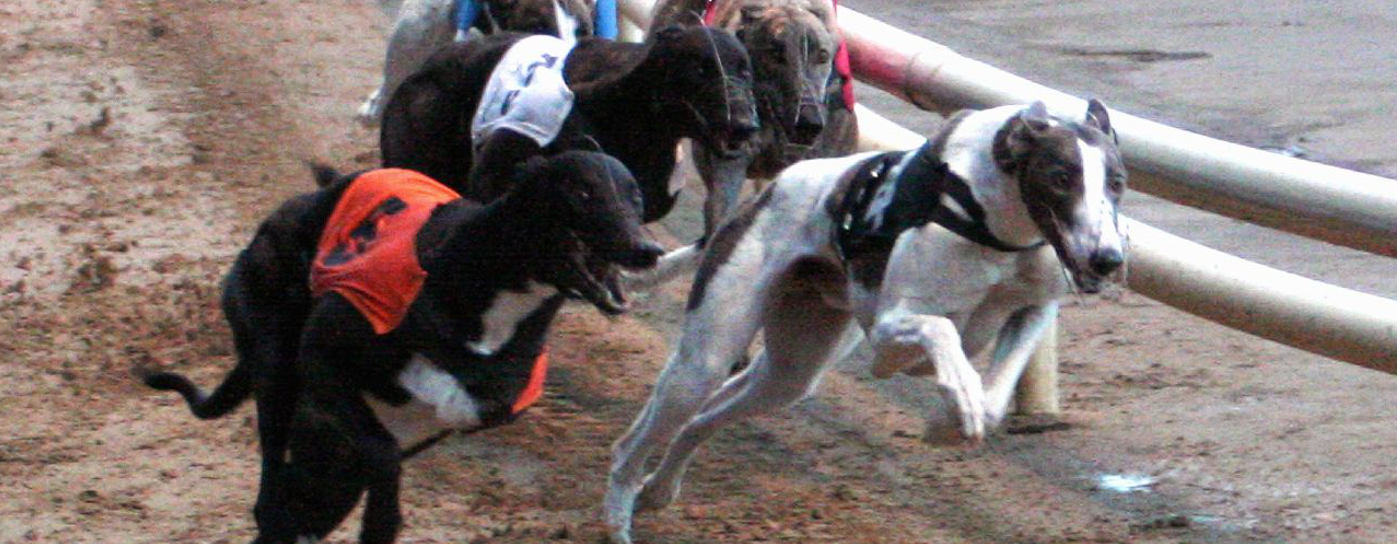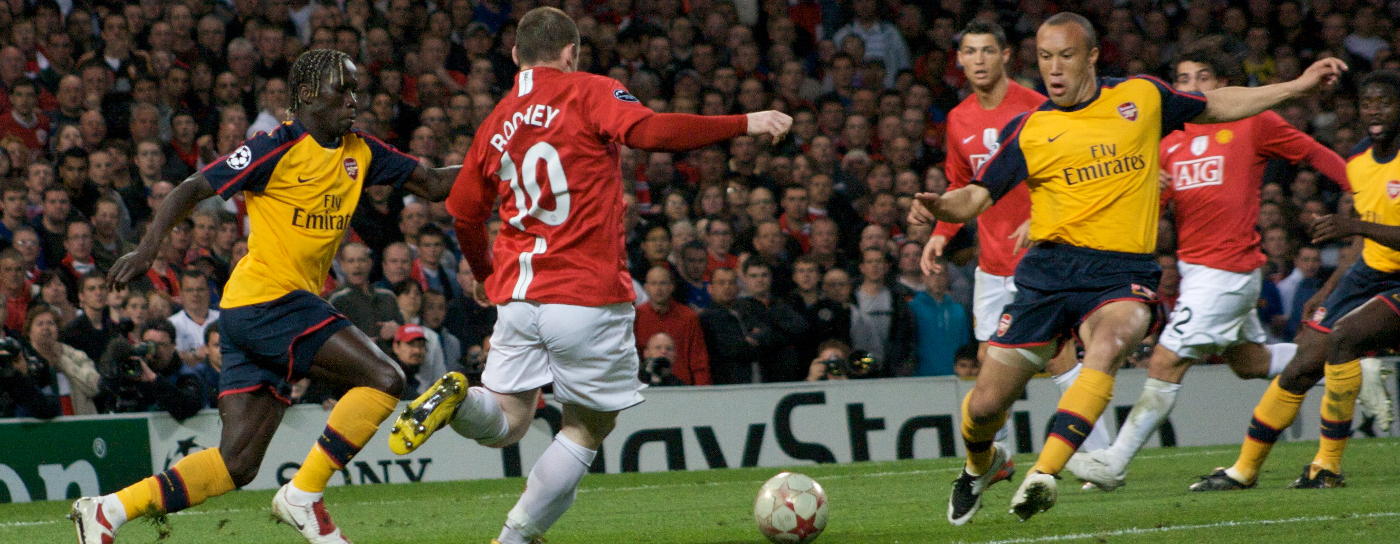
Does your job rely on people doing either or both?
If the answer to this question is yes this blog might not be easy reading.
Do you earn 100K per week playing in the Premier League? If yes, you’ve no worries at all. What a gambler contributes to your wage or what one season ticket does is neither here nor there. For the former it’s ‘peanuts’, for the latter somebody else might buy said season ticket if you play for a successful club. However, many other people aren’t as lucky if a gambler decides to stop gambling or paying related subscriptions.
The following list is not all inclusive. How long would these people be in a job if there was a big decrease in people gambling or subscribing to services linked to gambling?
- Bookmakers off and on-course
- Gambling companies and their affiliates
- Land based casinos
- Companies that supply gambling games online
- Companies that supply gambling games for land based gambling services (+ the people who maintain these products)
- Racing channels on TV and all the people that work for them
- Racing papers and other specialist racing/betting print/online based media
- Specialist form/time services, e.g. Timeform and a plethora of others for horse racing, greyhound racing, football, cricket, etc
- Tipsters who charge
- Tipsters who receive income from their followers’ betting losses
- Racehorse and greyhound trainers and their stable staff
- Jockeys
- Racecourse staff (horses and greyhounds)
The list just goes on. What the list does is highlight how crucial gambling losses and related subscriptions, plus other relevant spend are to some parts of the economy and more importantly many peoples’ lives. However, on frequent occasions, you would think gamblers (customers) aren’t important to many of these people.
Racing channels on TV and all the people that work for them – when was the last time you saw a genuine racehorse punter on any of the main channels during racing providing an opinion on betting or a race, whereas the people that ‘feed off’ the punter are to be seen every day, e.g. bookmaker representatives.
Racehorse trainers and jockeys – when was the last time you heard one of these people thank punters for having an interest in their sport? They are far more likely to criticise punters if they dare mention a ride might have been a poor one or claiming a horse was being prepared for another day.
Racecourse staff – this blog is mainly referring to senior management. Do you really think that outdated toilets, expensive warm & flat beer, expensive poor quality refreshments, no cover from the rain after spending £50+ (yes, Aintree you) are the way to treat your customers and attract new ones?
Out of the aforementioned list of people perhaps greyhound track staff and on-course bookmakers have the best insight into what happens when a gambler (customer) disappears. How many greyhound tracks are there now compared to 30 years ago and the same for on-course bookmakers?
The truth is when you lose gamblers (customers), people lose their jobs, so why do gamblers (customers), so frequently get no recognition for what they contribute? Even worse it’s not uncommon for some of the people on the list to continually criticise their customers; they wear the wrong clothes, turn up for the wrong reasons, gamble in unacceptable ways, moan about appalling customer service: Take your pick.
When was the last time you read criticism of corporate bookmakers in the Racing Post or heard it on a racing channel? Please note, you don’t have a product that advertisers will buy if you have no readers or subscribers.
There is massive competition for the leisure pound in the UK and Ireland. When you go to the theatre, nobody tells you that you’ve come for the wrong reasons; even though you might have a drink, before, during and after the performance. The actor/s may be on TV and/or in a magazine thanking you for finding the time to attend. People want you to spend money on their refreshments/other products, but they don’t criticise you if you don’t. Nobody tells you that your motivation for going to watch rugby union is the wrong one.
And you’ve guessed it; relatively people are now spending less on gambling, primarily betting and associated subscriptions. What can be done? First of all, make some sort of attempt to make your customers feel:
- wanted.
- that they have some sort of representation and support, be it in the media or elsewhere.
- that their betting can be aspirational. They’ll still probably lose over the long term like 98% do.
- that they may be right now and again.
Finally, if you know some of your peer group are ripping people off or ‘shouting’ rubbish about vulnerable people who’ve been harmed, therefore damaging the image of your products, don’t stay silent: Call them out; distance yourself from them, they are damaging the hard working, trustworthy ones.
Brian Chappell (and for that matter, I suspect thousands of others)
Founder, Justice for Punters








